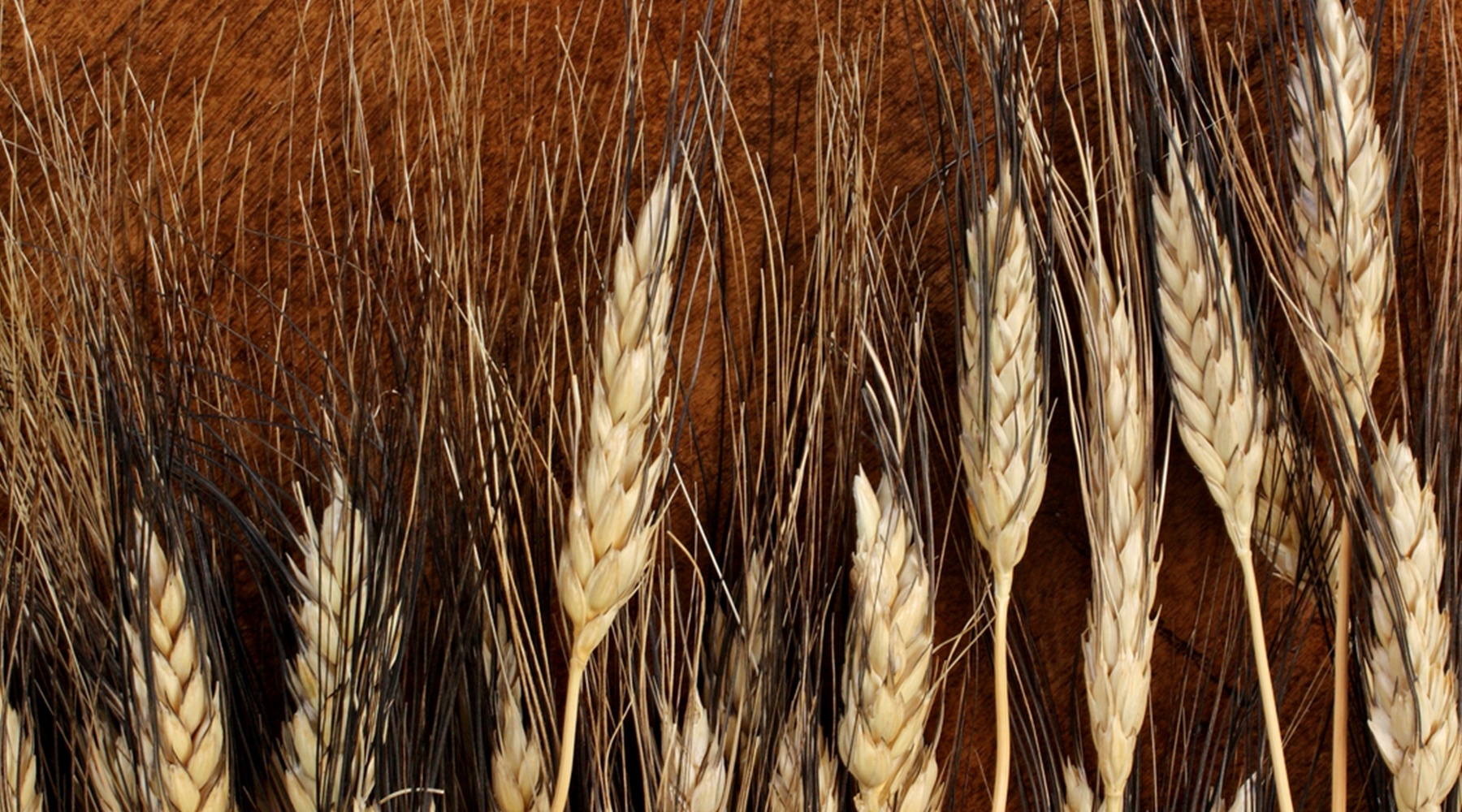Farming is part of the fabric of our state. For generations, it has represented much more than the backbone of our economy; it has defined a way of life for many rural Oklahomans.
The job requires hard work. Perseverance in the face of adversity. The faith that the seed you plant today will sprout in the future. Indeed, in each of these ways, farmers are like medical researchers.
In this issue, you will read about how one Oklahoma farmer—John Enns—faced down personal misfortune and transformed it into an opportunity for medical research in Oklahoma. By spearheading the creation of the Oklahoma Center for Adult Stem Cell Research, he has sowed seeds that we hope will be reaped by future generations of sick and injured Oklahomans. Indeed, he is but the latest in a long line of state farmers who have labored to help OMRF deliver healthier tomorrows.
From 1961 through the mid-1970s, 450 wheat producers from 34 counties pledged a percentage of the profits from their crops to OMRF. At the outset of the season, they’d sign a pledge promising to deliver a certain number of bushels—the amount was up to them—“to a public grain elevator for the account of the Oklahoma Medical Research Foundation.” The form, which was created by a group of farmers who dreamed up the OMRF wheat campaign, carried an illustration of a single grain of wheat, along with the words: “This grain of wheat reminds me of the endeavor of all of us who grow wheat to provide for this year’s harvest, to give as many bushels as we possibly can for the Oklahoma Medical Research Foundation.”
Those who participated in the drive were people of modest means, men and women who coaxed their living from Oklahoma’s dry, cracked soil. They gave by plowing. Watering. Threshing and harvesting. In one year alone, they dedicated more than 9,000 bushels of wheat to OMRF.
The wheat campaign not only funded life-changing research, but it helped connect OMRF to rural Oklahoma. That bond is one that continues to this day.
OMRF physicians conduct clinical research throughout Oklahoma, which gives rural patients access to the latest advances. In our labs, we train high school, college and graduate students from small communities. Today, Dr. Judith James, a Pond Creek native who first began learning about medical research at OMRF while still in her teens, now leads our Arthritis and Clinical Immunology Research Program.
Throughout OMRF’s history, rural Oklahomans have also been some of our most generous supporters. Just one of those many stories appears on page 8, where you can read about a retired Enid man who left OMRF a surprising gift to help fight heart disease.
Perhaps it’s the sweeping plains. Or the faith that grows from overcoming stiff challenges. Because when it comes to medical research, rural Oklahomans have always had remarkable vision. They’ve always seen the possibilities the future holds.
Stephen Prescott



